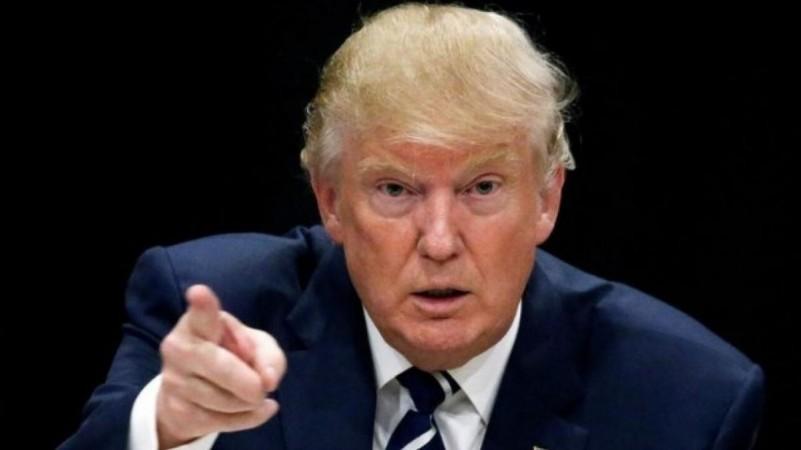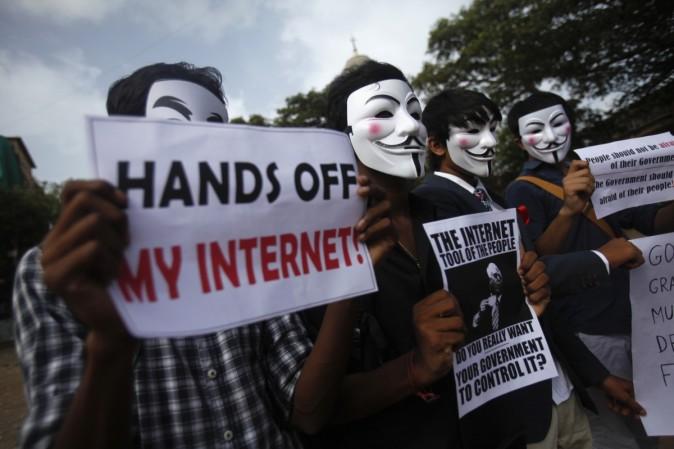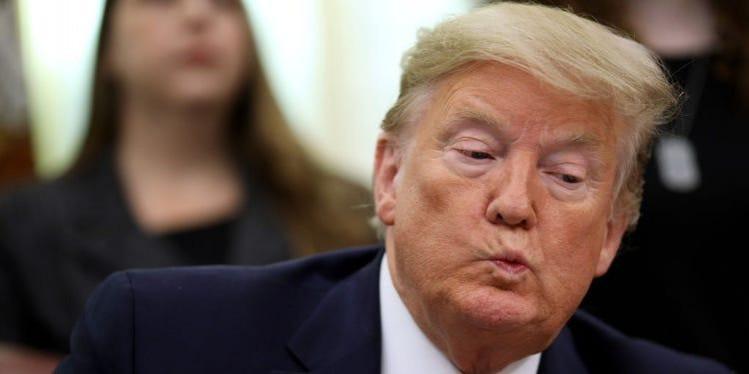U.S President Donald Trump has been crying foul. Blaming Twitter for sending out "false trends," after a hashtag targeting the outgoing commander-in-chief continued to trend in the nation for several hours. What's more? Trump further accused the microblogging site Twitter of making up only negative stuff. Before adding that Section 230 must be repealed in the interest of national security.

In the latest development, Trump also threatens to veto the defense bill unless Congress repeals Section 230. Yes, the law that protects social media companies and is a major legal shield for tech giants. Ironically, Trump made the statement in a series of tweets.
"Section 230, which is a liability shielding gift from the U.S to "Big Tech" (the only companies in America that have it --- corporate welfare!), is a serious threat to our National Security & Election Integrity. Our country can never be safe & secure if we allow it to stand..." he tweeted, before adding, "Therefore, if the very dangerous & unfair Section 230 is not completely terminated as part of the National Defence Authorisation Act (NDAA), I will be forced to unequivocally VETO the Bill when sent to the very beautiful Resolute desk. Take back America NOW. Thank you!"
What is Section 230?
Section 230 of the Communications Decency Act (CDA) of 1996 is one of the most vital and valuable tools in the hands of the Internet for protecting its freedom of expression. It is ironic since the original purpose of the legislation was to restrict free speech on the Internet.

Section 230 says, "No provider or user of an interactive computer service shall be treated as the publisher or speaker of any information provided by another information content provider."
Simply put, it means that online intermediaries that host or republish speech are protected against a range of laws that would otherwise make them liable for what others say and do.
A lot of people mistake the platform for the publisher. Section 230 puts no prohibitions on editing, censoring, altering illegal content. It just observes that the author of self-published content is the publisher and not the platform.
What? Look who's talking
Unless some major point is being missed in it all, wouldn't a repeal result in the immediate removal of Trump from all the social media platforms? Maybe it didn't occur to Trump himself but it didn't take long for social media users to take stock of the situation.

"If trump successfully removed Section 230, wouldn't that make him the biggest liability to Twitter's platform?...and they would be within their rights to protect their own company from that risk by removing him?" observed a user.
While political satirist Mark Russell pointed out in his tweet, "This would accomplish the opposite of what he thinks it would. Social media platforms would then be forced to mediate all their content, knowing they could be held liable for things he and other users say."
Replying to @Donald Trump
Michigan representative Justin Amash was among the first ones to quash Donald Trump's post.
"False. Section 230 applies to everyone on the internet, including traditional media, The Trump Organisation, him, you, and me. In fact, it became law before most social media existed. It promotes the freedom of speech by ensuring you're not liable for things *other* people say."
To be clear, Mr. President, Section 230 repeal wasn’t included in the House OR Senate version of the NDAA.
— Rep. Adam Smith (@RepAdamSmith) December 2, 2020
You’re mad at Twitter. We all know it.
You're willing to veto the defense bill over something that has everything to do with your ego, and nothing to do with defense. https://t.co/qsELyzU9O0
#DiaperDonald got mad that #DiaperDonald trended # 1 for two days. So now he’s threatening to withhold soldiers’ pay unless he can sue Twitter and make sure #DiaperDonald doesn’t tend again.
— Sam W. Anderson (@Sam_W_Anderson) December 2, 2020

















